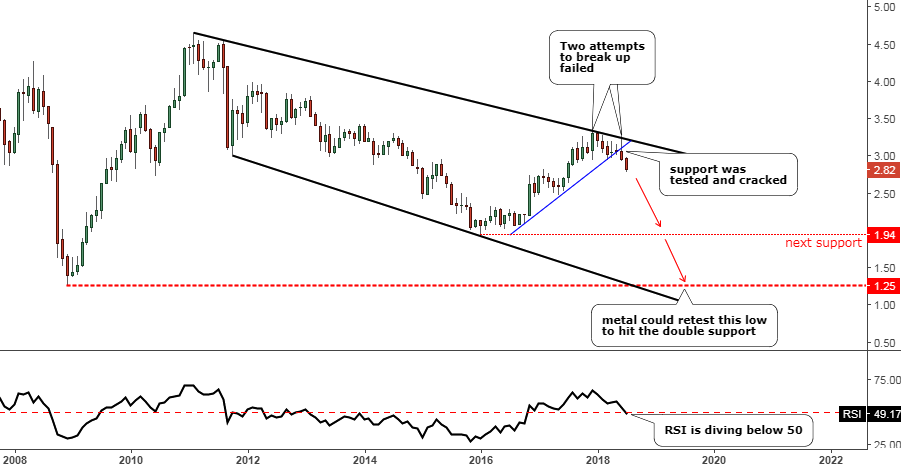The iShares Nasdaq Biotechnology ETF (IBB) which serves as a proxy for the biotechnology cohort has finally broken out to a 52-week of $122 against its 52-week low of $100 in May. This 20%-plus appreciation over the summer has largely gone unnoticed while some individual companies have soared even higher over this same period. The biotechnology cohort has been decimated over the past 2-plus years over the drug pricing debate while serving as a political punching bag. To be fair, the entire pharmaceutical supply chain became a victim of harsh political rhetoric as share prices fell across all companies involved in this space in any capacity. The biotechnology cohort has been largely ignored in this massive bull market and appears relatively cheap in comparison to other sectors. As the confluence of abating political threats, drug pricing certainty, merger and acquisition activity and continuity of the current health care backdrop, this cohort has witnessed a stealth bull market. This uptrend is likely to have legs as valuations remain compelling and many names have become value stocks.
Furthermore, as the raging bull market continues into frothy territory, downside risks continue to mount. Bank of America is predicting an end to the current bull market run and in less certain times pharma companies will benefit. Individual names within the sector have demonstrated incredible strength as of recent such as Regeneron (REGN), Bristol Meyers (BMY), Allergan (AGN), Celgene (CELG), Johnson & Johnson (JNJ) and Amgen (AMGN).
Challenging 2016, Recovering 2017 and IBB’s Resurgence in 2018
After a banner year in 2015 for the biotech ETF, the cohort sold off in a dramatic fashion falling from $138 to $89 or a 37% decline. The healthcare sector had been faced with an uncertain and volatile political backdrop. As President Trump and other political pundits vowed to bring down drug prices and increase scrutiny over the sector, IBB found its footing and set a floor near the $89 level. The ~$90 level was tested a handful of times in 2016, and it was evident that many of these political threats were being priced-in after its sharp and sustained sell-off. This sharp decline and subsequent floor coincided with heated political rhetoric aimed at the collective cohort of healthcare and more specifically biotech companies. I strongly felt that these events were extraneous and would eventually subside without any significant impact on the underlying stocks within IBB. I felt this politically induced sell-off presented a great buying opportunity considering the ~40% decline and extraneous pressures. I had written about such opportunities throughout 2016 during the market sell-off and the Brexit, respectively (Figure 1). I felt that these were great entry points for any long-term investor that desired exposure to the biotechnology sector. Ostensibly, many of these stocks were trading at multiyear low P/E ratios and as a cohort (gauged via the IBB proxy) looked to be less sensitive to tweets/threats as IBB continued to test the ~$90 barrier throughout 2016. 2017 saw a nice recovery and posted a ~20% gain, and 2018 is shaping up to posting another double-digit annual return thus far the index is up ~14% YTD. Biotechnology remains one of the few sectors that money has yet to rotate into now that retail has caught fire.
Continue reading "IBB - Stealth Bull Market Unfolding"

